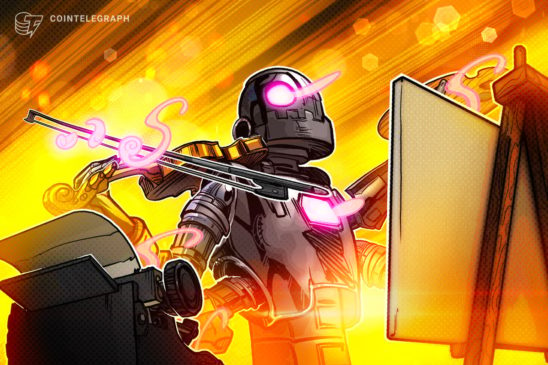With the meteoric rise of artificial intelligence (AI) technology, many people are wondering: How will AI influence the video game industry? AI has already begun to influence video games in a number of ways, and it is likely to continue to do so in the future.
Video games are a common joy for many, and they are manufactured for almost everyone, regardless of age, gender, interests or preferred gaming platform, with millions of people playing them worldwide. In fact, according to the Entertainment Software Association, in 2020, 65% of American adults played video games, and the global video game market was estimated to be worth over $159 billion.
So, why do we love gaming so much? Well, games are played to reduce stress, connect with others globally and provide a sense of accomplishment (when played in moderation, of course). However, we may begin to see a change in the way games are created and played, thanks to AI technology.
Virtual environments and in-game assets
Let’s first take a look at how AI may impact gaming environments and assets. Video games that utilize procedural generation and randomization, such as Minecraft and No Man’s Sky, are able to create unique and randomized environments for players to experience each time they enter the game. Using a combination of pre-made assets and algorithms that generate new content, these games offer players a constantly changing and unpredictable gameplay experience. This not only keeps the game fresh and engaging but also increases its replayability by offering players new challenges and experiences each time they play.
Join the community where you can transform the future. Cointelegraph Innovation Circle brings blockchain technology leaders together to connect, collaborate and publish. Apply today
An opportunity for players and developers
Through AI, developers can create virtual environments that feel more alive and interactive and have the potential to enhance the realism and immersion of virtual environments for players by creating dynamic, ever-evolving worlds that react to player actions and other factors. We can also look forward to interacting with more intelligent NPCs or non-player characters. These characters will appear more realistic and believable, able to make their own decisions and interact with players in a more human-like way rather than following predetermined scripts.
AI can be used to generate personalized in-game assets for players based on their preferences and playing history. It can be used to analyze player data and make predictions about what types of assets and environments they might be interested in, allowing developers the opportunity to create more targeted and relevant content. This can help create a more customized and engaging gameplay experience for players. The incorporation of NFTs into video games has the potential to revolutionize the way players engage with and experience in-game content.
By providing more customization and ownership to players, NFTs can facilitate the creation of in-game economies where players can exchange and trade assets, leading to more strategic and rewarding gameplay. AI has the potential to streamline the development process and unlock new levels of creativity and innovation for developers. It can greatly reduce the time, expertise and complexity required to build any gaming experience, from generating characters and assets to potentially even creating entire video games.
An opportunity for fans to create mods
NFTs and AI have the potential to revolutionize the way players and creators engage with and monetize in-game content. NFTs could provide a new revenue stream for creators of third-party skins, maps and patches for gamessuch as Skyrim, Half-Life and Minecraft. These modders and creators of user-generated content can distribute their creations for free, while still being compensated by their audience. Additionally, the more realistic and immersive gaming experiences that are provided through the use of AI, the more likely there are to be even more potential opportunities for modders to customize and sell their creations.
The future of gaming and AI
As we can see, AI can greatly reduce the time, expertise and complexity required to build a gaming experience. It can unlock new levels of creativity and innovation for developers, giving them the ability to streamline the development process. Additionally, NFTs and AI open up an opportunity for fans and modders to create and monetize their own in-game content.
Theo is a serial entrepreneur and media mogul. He is also the co-founder of NFTevening, the world’s fastest-growing NFT media group.
This article was published through Cointelegraph Innovation Circle, a vetted organization of senior executives and experts in the blockchain technology industry who are building the future through the power of connections, collaboration and thought leadership. Opinions expressed do not necessarily reflect those of Cointelegraph.
Learn more about Cointelegraph Innovation Circle and see if you qualify to join



